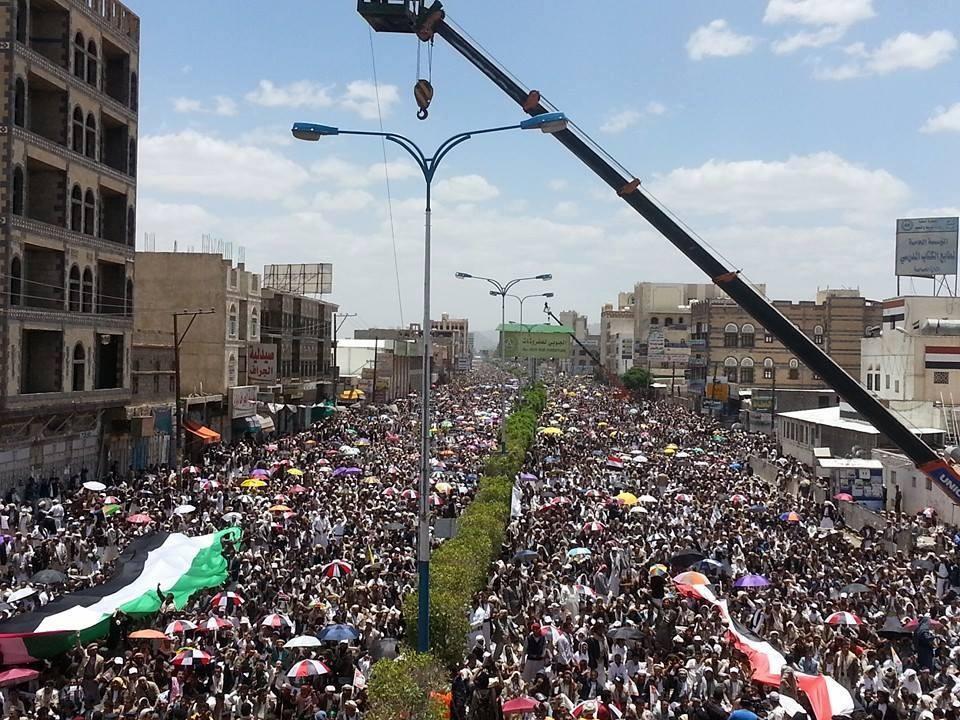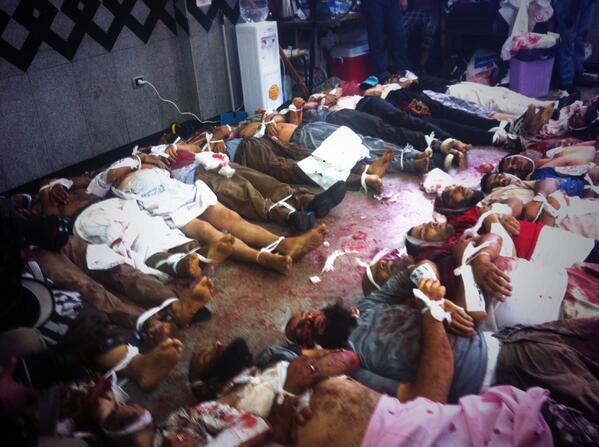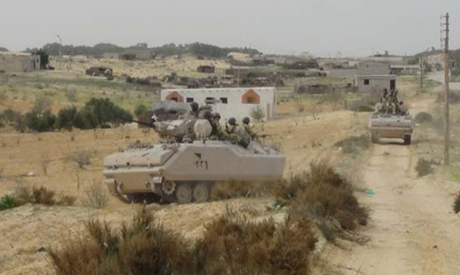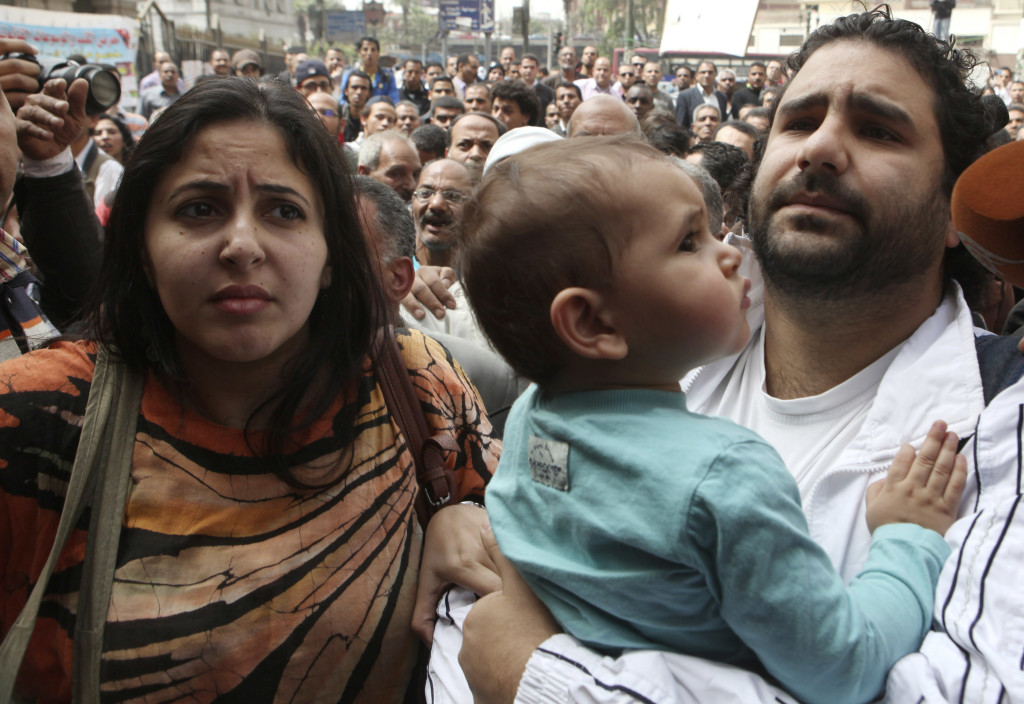 |
| Maryam al-Khawaja |
Bahraini authorities detained prominent human rights activist Maryam al-Khawaja on Saturday on her arrival at the Gulf state's airport, her mother told Reuters.
Maryam is the daughter of Shi'ite Muslim activist Abdulhadi Abdulla Hubail al-Khawaja, who has been detained in the Sunni monarchy since 2011 and is on hunger strike.
"Maryam told me that she will be transferred to the court tomorrow," her mother, Khadija al-Musawi, told Reuters, adding that her daughter, who holds dual Bahraini and Danish citizenship, was coming back from Denmark.
Charges against al-Khawaja include insulting Bahrain's king, and assaulting a policewoman at the airport, her mother said.


.jpg)




 Tens of thousands Houthis marched through Sanaa in a protest demonstration on Friday 22 August 2014.
Tens of thousands Houthis marched through Sanaa in a protest demonstration on Friday 22 August 2014. 
 The Palestinian poet Samih al-Qasim died Tuesday in a hospital in Safed hospital in northern Israel. He had been suffering from cancer of the
liver for the past three years, Issam Khuri, a novelist and close family
friend, told the press agency AFP. Al-Qassim who was of Druze descent, was
best known for his nationalist poetry in which he passionately defended
the rights and identity of Israel's Arab minority.
The Palestinian poet Samih al-Qasim died Tuesday in a hospital in Safed hospital in northern Israel. He had been suffering from cancer of the
liver for the past three years, Issam Khuri, a novelist and close family
friend, told the press agency AFP. Al-Qassim who was of Druze descent, was
best known for his nationalist poetry in which he passionately defended
the rights and identity of Israel's Arab minority.








![Displaced Iraqis from the northern town of Sinjar head towards the autonomous Kurdistan region on August 4, 2014, as they seek refuge after Islamic State Sunni militants took control of their hometown. The Islamic State raised its black flag in Sinjar on August 3, 2014 after ousting the peshmerga troops of Iraq's Kurdish government, forcing thousands of people from their homes. [AFP] Displaced Iraqis from the northern town of Sinjar head towards the autonomous Kurdistan region on August 4, 2014, as they seek refuge after Islamic State Sunni militants took control of their hometown. The Islamic State raised its black flag in Sinjar on August 3, 2014 after ousting the peshmerga troops of Iraq's Kurdish government, forcing thousands of people from their homes. [AFP]](http://albawabacdn.albawabamiddleea.netdna-cdn.com/sites/default/files/imagecache/article_headline_node_big//sites/default/files/im/000_Nic6358166.jpg)

